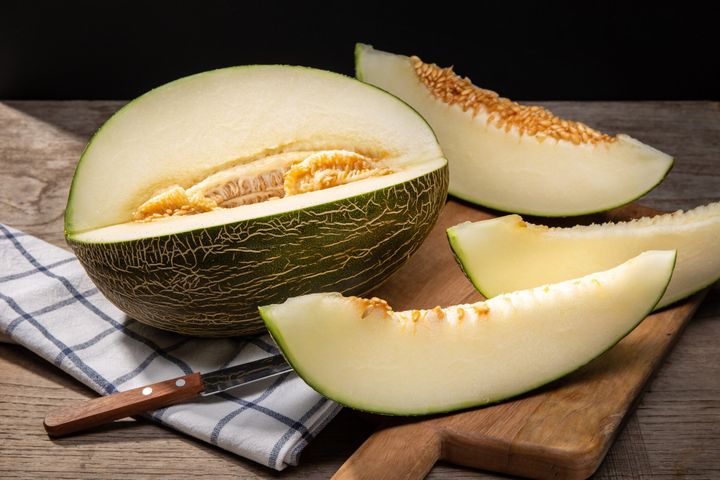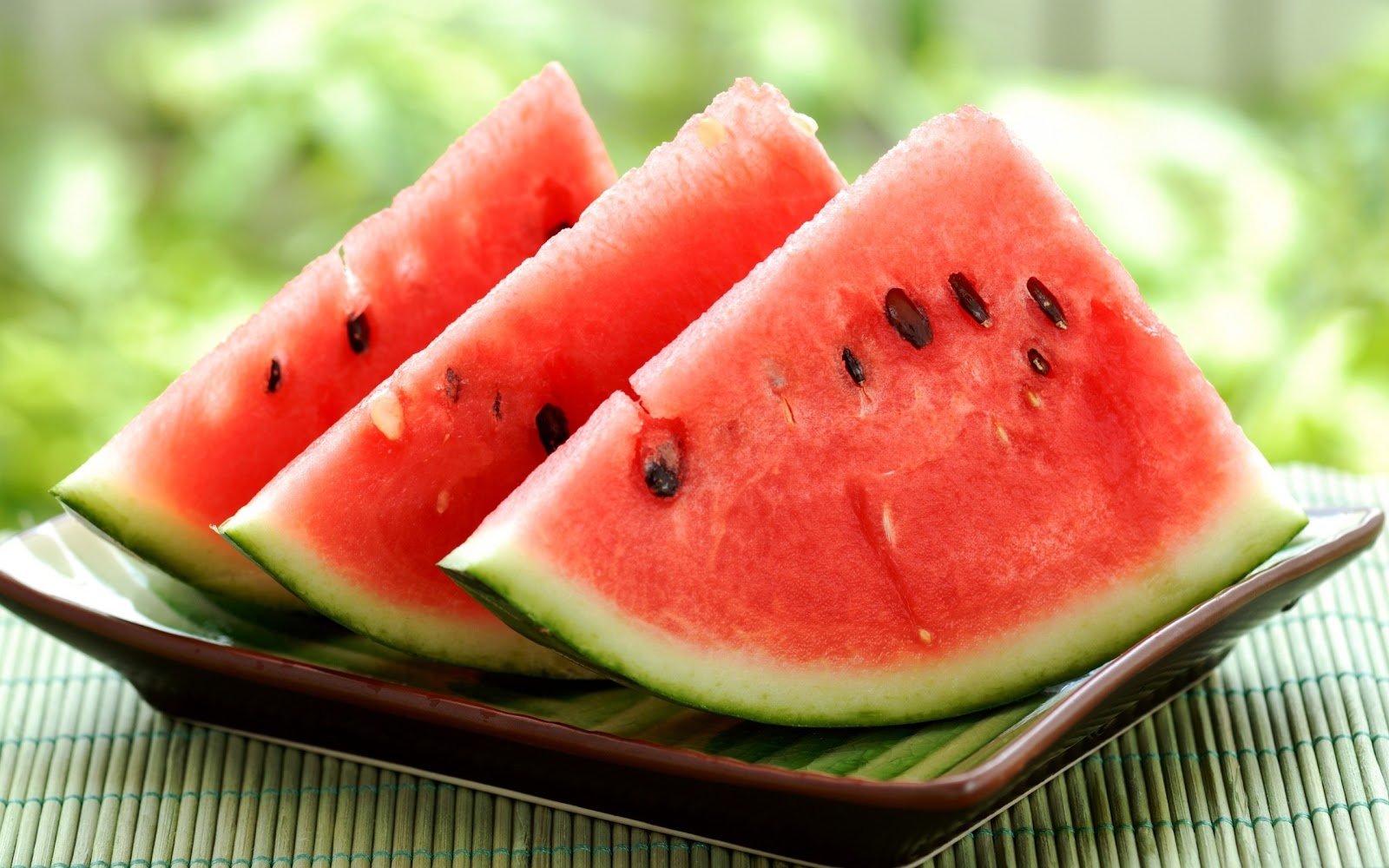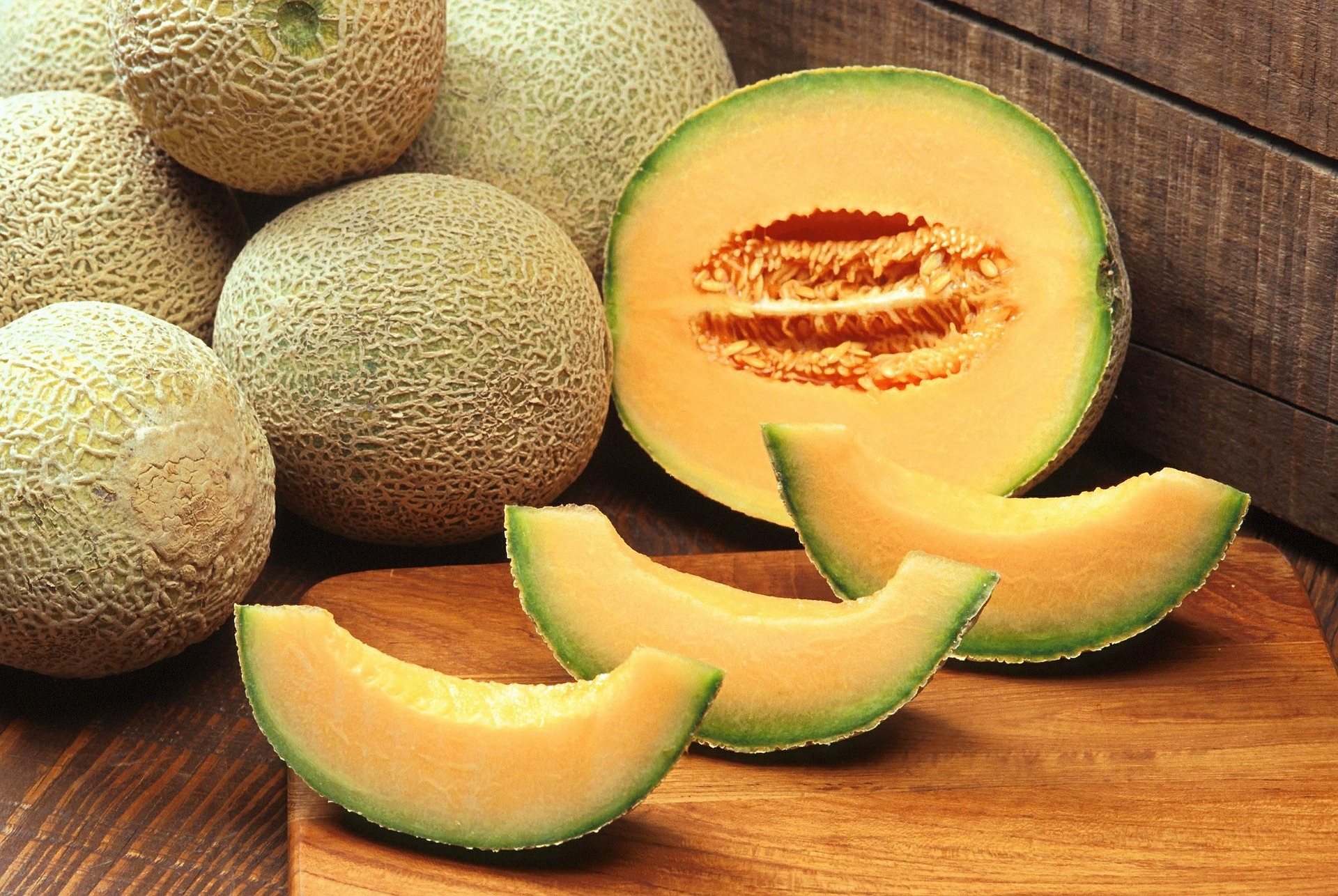Do you consider melon to be a healthy or unhealthy fruit? Often we are misled by its sweetness thinking it must have a high sugar content but it couldn't be further from the truth.
Honeydew melon - popular in Spain - has just 7,2g/100g of sugar, Watermelon 5,2/100g and Rockmelon as little as 4,7g/100g. In fact, few fruits have less sugar content. You would need to go to strawberries or grapefruits to ingest less sugar. When compared to grapes with 15g/100g or Bananas with 12g/100g it is certainly much healthier. Its high water content (up to 92%, according to the Spanish Nutrition Foundation) and its comparatively lower amount of sugar to other fruits, make it a light and refreshing aperitif or snack to enjoy during the summer.
 HONEYDEW
HONEYDEW
 WATERMELON
WATERMELON
 ROCKMELON
ROCKMELON
But that is not all. The reality is that the melon contributes much more since it is a fruit that has different vitamins and other nutrients. For example, 300 grams of rindless melon provide 75% of the recommended daily intake of vitamins as well as multiple minerals, among which potassium stands out, along with phosphorus, iron and magnesium, which is why melon is a natural remineralizing product.
So it is not unreasonable to think that including melon in our daily diet can have great benefits to our organism. The nutritional properties of this plant help to strengthen the immune system. This is substantiated by the fact that it is a food that is very rich in beta-carotene, on the same level as others such as carrots.
These are pigments that belong to the group of carotenoids, but which in our body is transformed into vitamin A. And, as is well known, it is an antioxidant that fights free radicals in the body while strengthening the immune system.
As mentioned before, it is a food rich in vitamin C. For practical purposes, this means that it can help promote the production of collagen in bones and protect blood vessels, muscle and, in general, tissues such as skin, which is an excellent ally to prevent premature ageing and wrinkles.
The melon has very few calories, about 40 per 100 grams. Also, much of the melon consists of water. Therefore, choosing it as a snack over other options can help us lose weight. There are many studies that link a high water content with weight loss and the fight against obesity.
Finally, it is important to remember that melon has bioactive that stimulate the breakdown of fats and promote satiety, in addition to protecting the intestinal microbiota.
According to the World Health Organization (WHO), 17.7 million people die each year from cardiovascular diseases, which places them as the main cause of morbidity and mortality worldwide. A good way to reduce this risk is to eat some cantaloupe/rockmelon every day, as it helps reduce blood pressure by providing a good amount of potassium.
According to the American Heart Association, potassium is a mineral that helps maintain the water balance between cells and body fluids. This helps regulate blood pressure and protect blood vessels, reducing the risk of cardiovascular disease and hypertension.
As I have already said, it is food with a lot of water. And this is not only good for losing weight, but it ensures that we will stay hydrated, something especially important in episodes of strong heat.
Therefore, choosing to eat a serving of melon each day is a great way to avoid dehydration and its unpleasant effects, such as dry skin and mouth, headaches, constipation, confusion, wrinkled skin, accelerated heart rate, increased risk of suffering kidney stones, fever and fatigue, among others. So what you may have thought was an unhealthy fruit high in sugar is in fact the opposite.
Enjoy melon this summer!